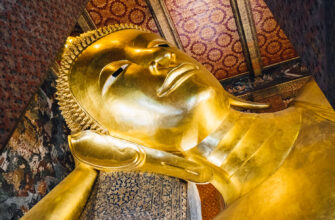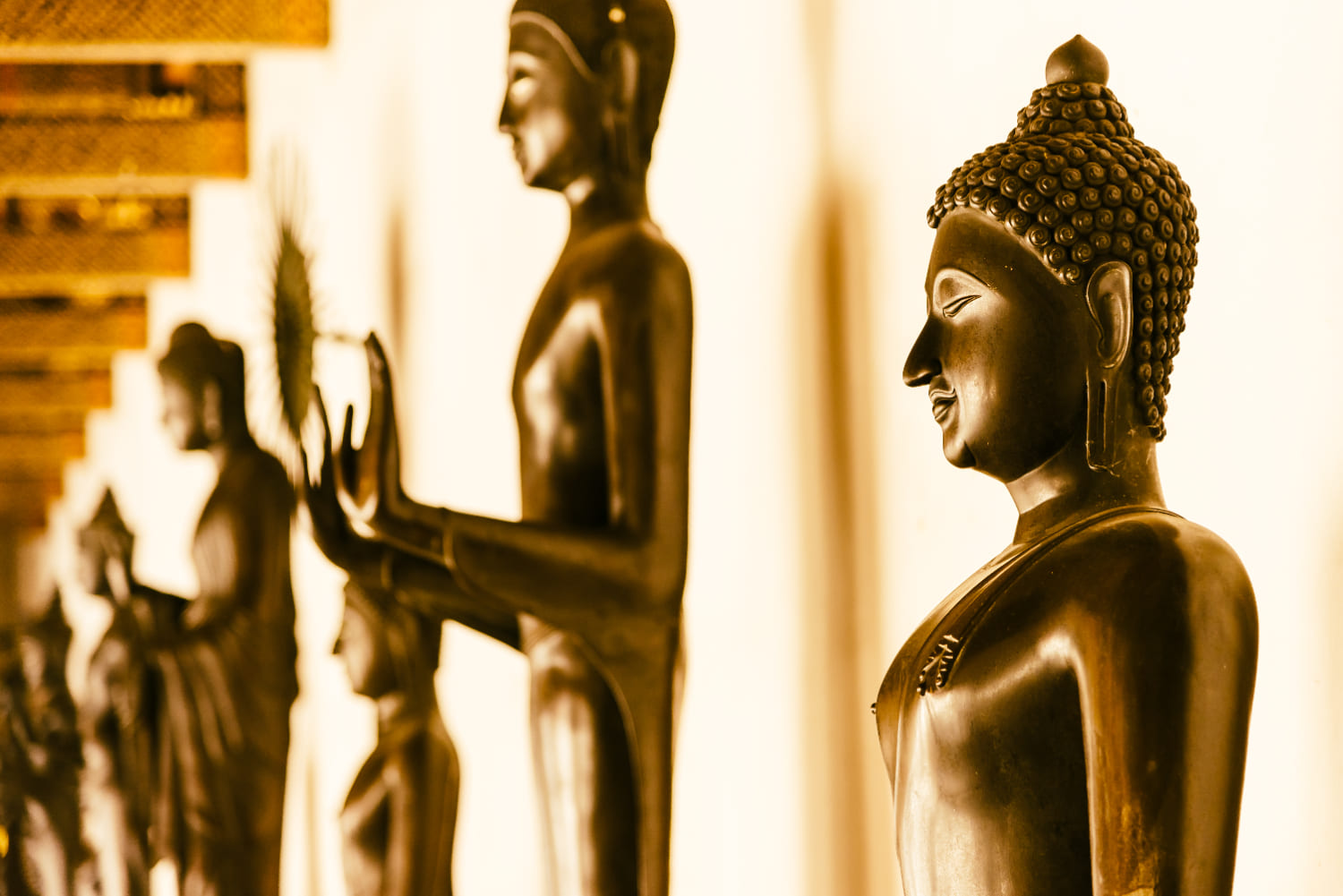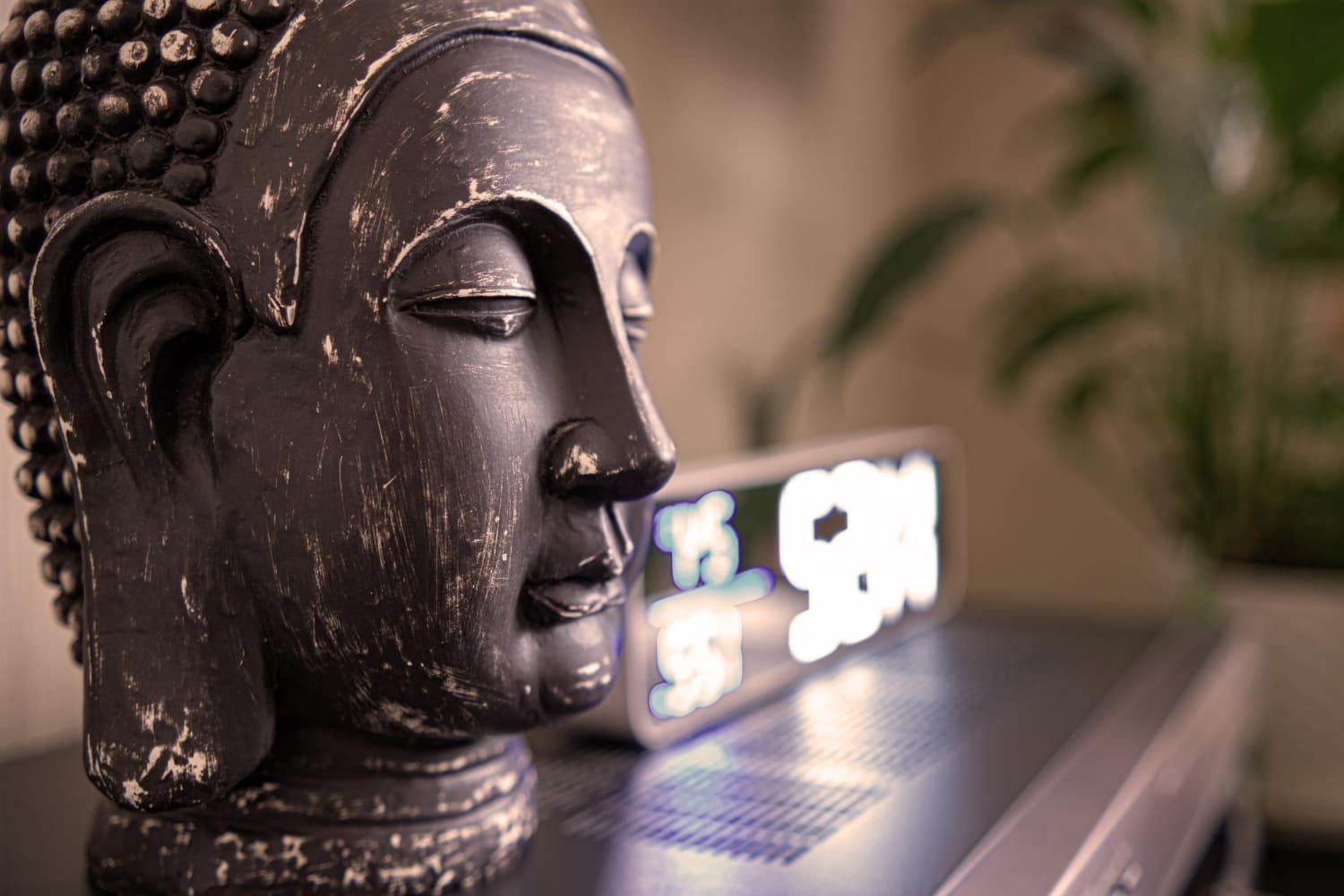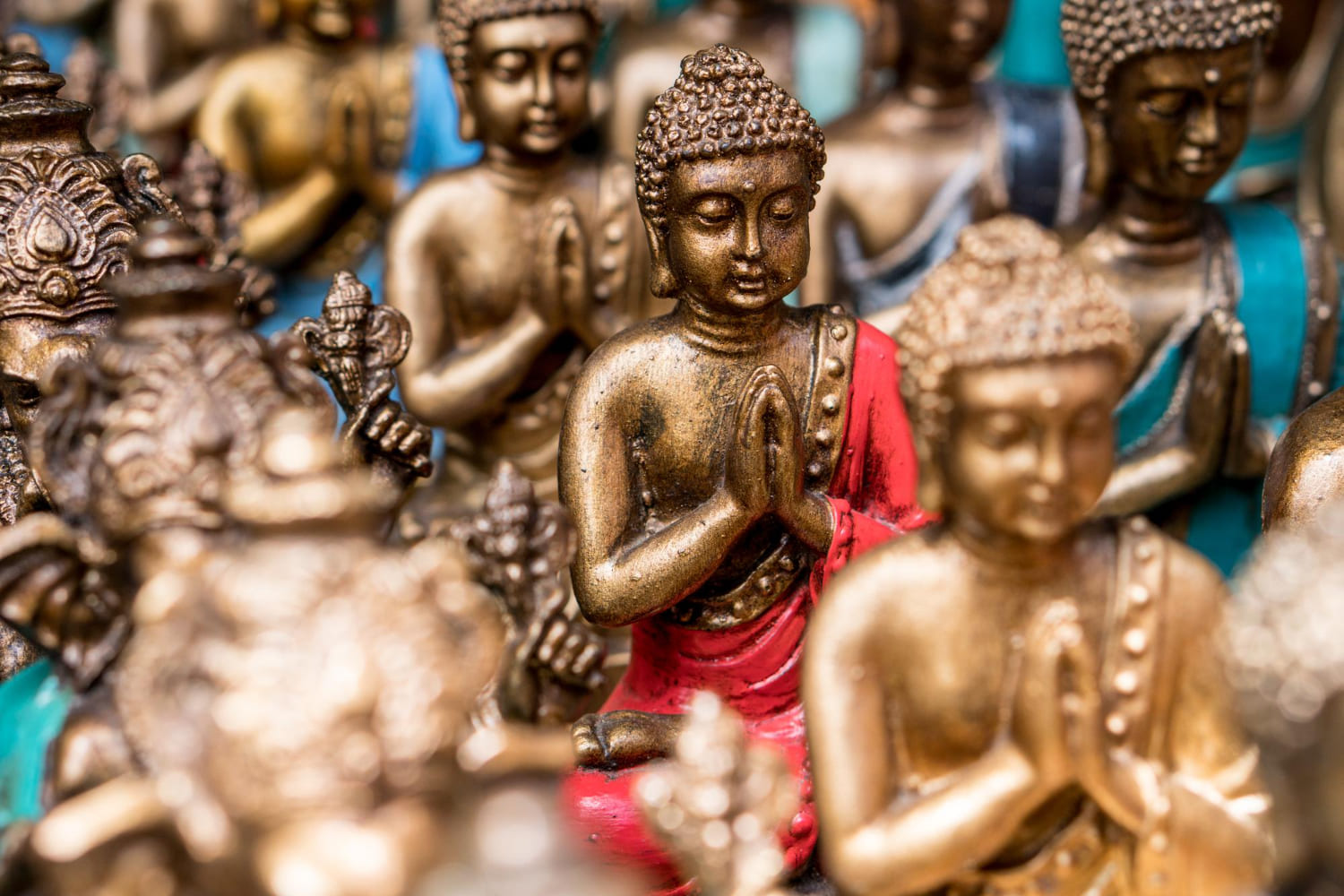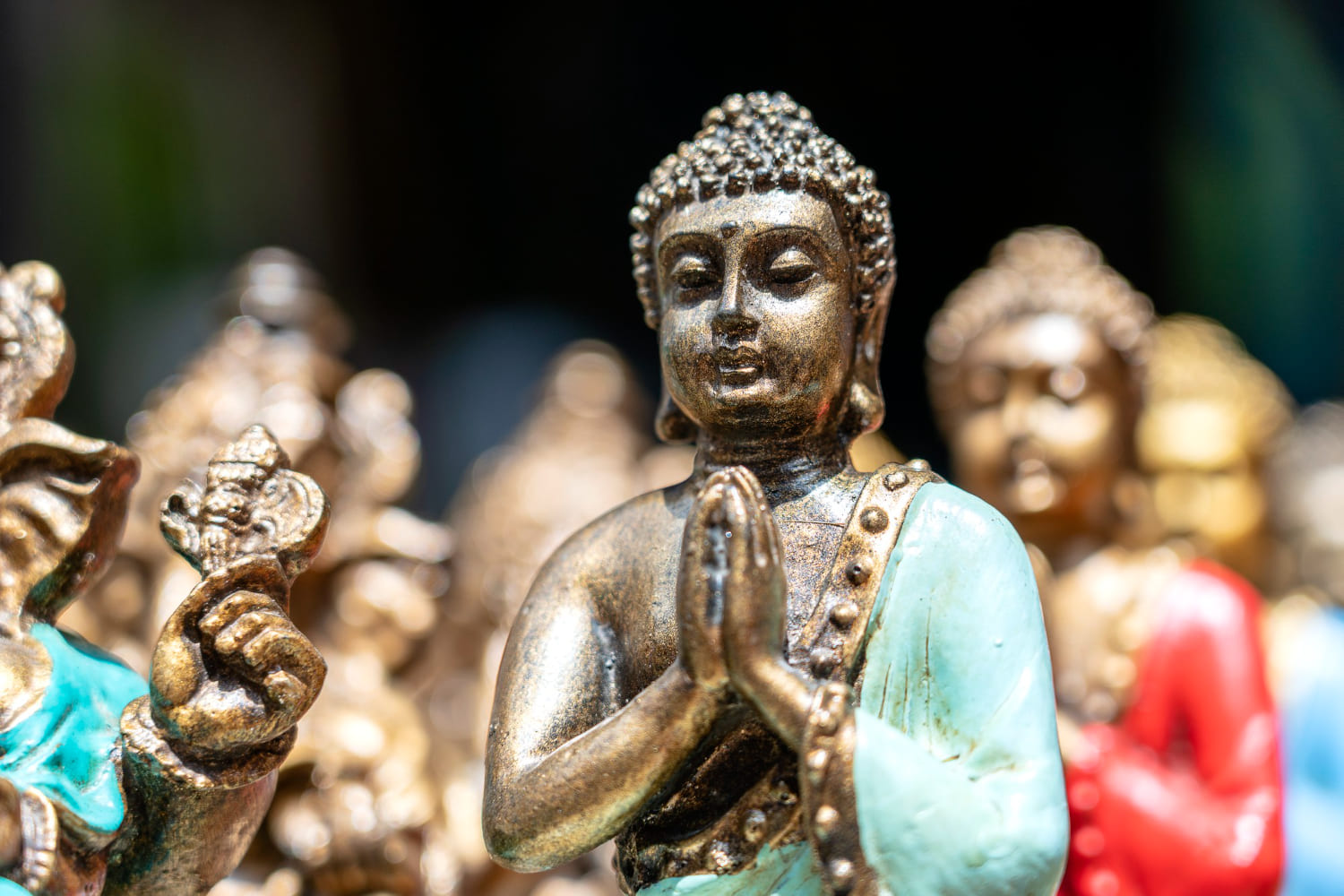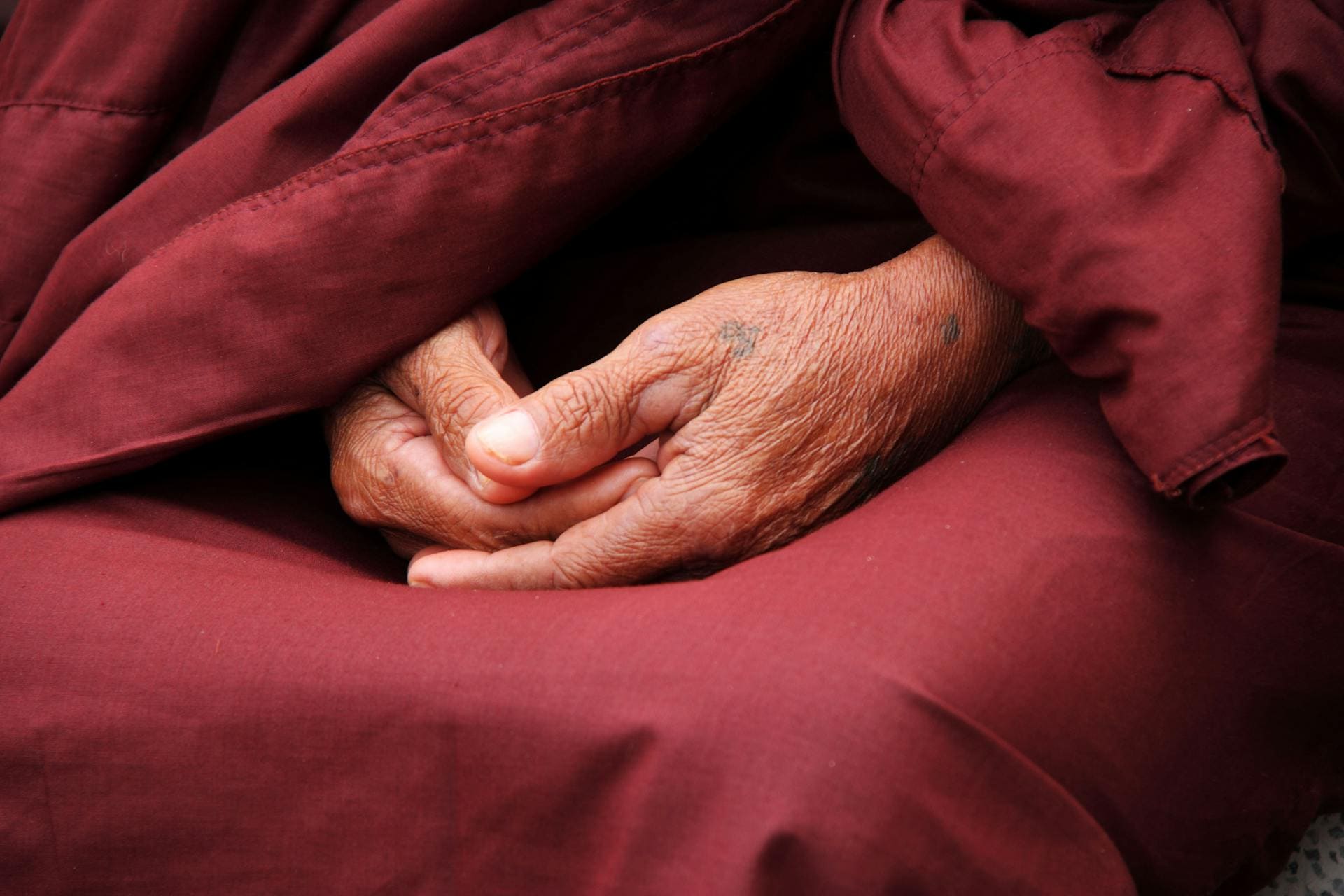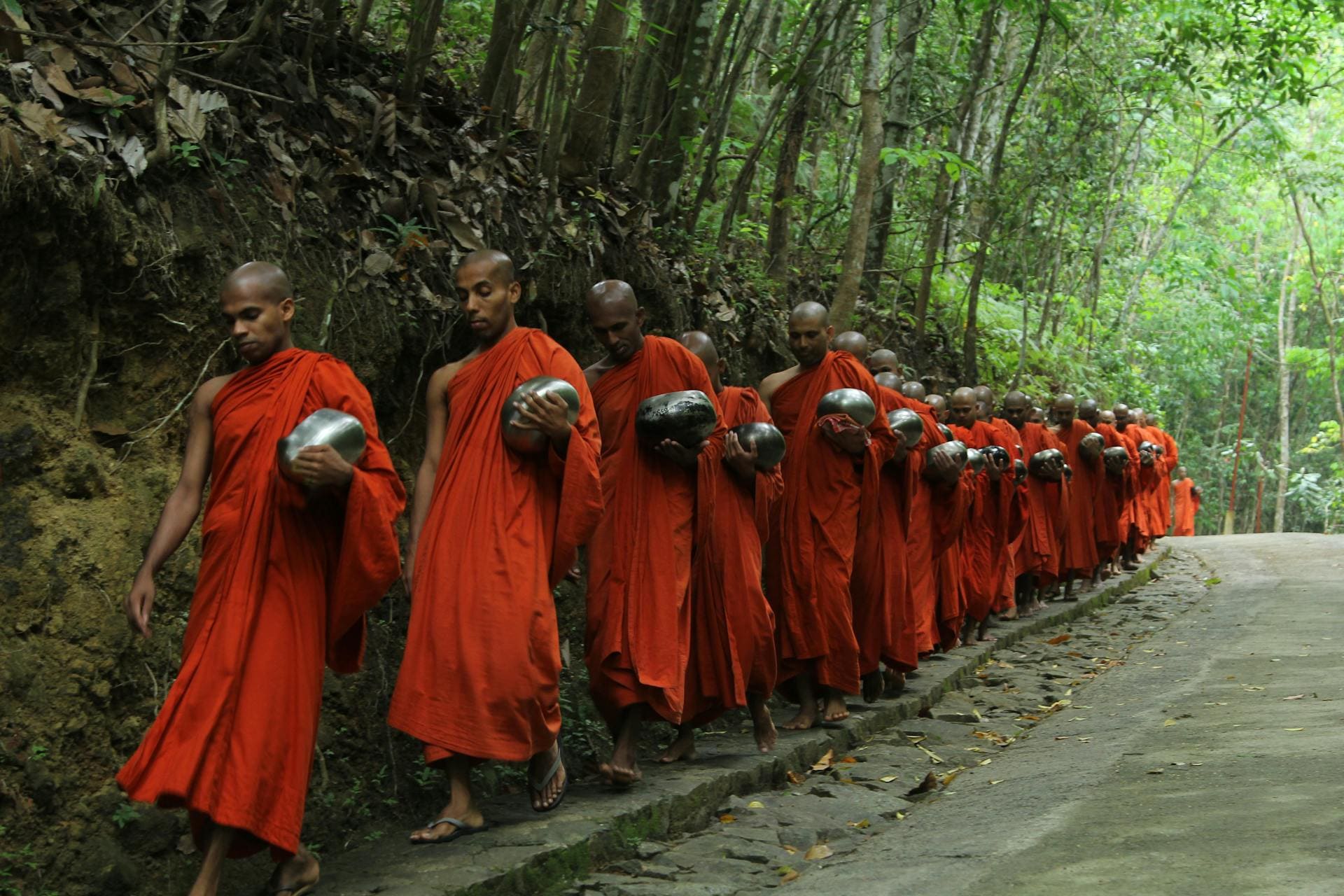Fasting is a practice many religions participate in for various reasons. One of the most popular religions in the world is Buddhism.
Do Buddhists practice fasting, and if so, why do they do this?
Yes, fasting is an important practice in Buddhism and is practiced quite often. In fact, it is practiced so often that it is almost every week that Buddhists fast.
In the teachings of Buddha, he explained to his followers that they should avoid eating after noon to maintain self-control and a healthier environment.
The rest of this article will cover what fasting is, why Buddhists fast, when they fast, and how long they fast for.
What Is Fasting?
Fasting is the practice of abstaining from eating or drinking for a certain period of time. It can mean to stop eating or drinking completely, or almost completely.
For example, if you eat one meal in the morning, then stop eating after noon, that is a form of fasting.
A fast can last for long periods of time. They can last for twelve hours, twenty-four, or even longer.
During these fasts, there are exceptions.
Drinking tea, water, or coffee is normally considered okay even when fasting. The same applies to small amounts of food.
The goal of fasting varies depending on who is practicing it.
Some practice fasting to lose weight and maintain a healthier physical and mental state.
Others practice fasting for religious reasons. Buddhists practice fasting because it is in their beliefs.
Why Buddhists Fast
Buddhists fast because it is a core part of their practices and beliefs.
Fasting is more about self-control than any weight-related reasons. If one cannot contain themselves around food, they cannot contain themselves around other desires such as lust and greed.
In Buddhism, fasting is to practice self-control and gain a healthier mindset.
Buddhists believe that if one eats too much, they cannot combat laziness and the lust of gluttony.
Fasting is a form of self-control that they practice very often.
However, self-control is not the only reason. Another reason is to benefit others.
While fasting, they do not always stop eating completely. Instead, they cut back on meals and tend to eat only one meal a day.
In his teachings, the Buddha advised his followers not to consume solid food after noon.
Buddhists fast to give back to those around them, especially to those less fortunate.
They believe that by fasting and sacrificing a meal or two, they are giving that food to those who need it.
They believe they can contribute their food to those who barely get proper meals.
Buddhism is centered around enlightenment, karma, and kindness.
By fasting, they are giving back to those less fortunate who do not have the chance to eat properly. This is why fasting is such an integral part of Buddhist beliefs.
When Buddhists Fast
Many Buddhist holidays revolve around the moon schedule, such as the Buddhist New Year.
Similarly, Buddhism most often practices fasting depending on the type of moon.
The most common fasting times are on the new, eighth, and full moons. This means Buddhists are fasting almost every week.
However, not all Buddhists fast. It is not mandatory but strongly recommended.
Thanks to this, some Buddhists do not have a set time that they fast. They practice it at random points, or not at all.
It depends on where the Buddhist is from, and what they personally believe.
On the other hand, there are Buddhists that do not fast but control what they eat.
Instead of fasting at certain times, they will only eat what is required to sustain their body. This is not a form of fasting, but it follows Buddhist beliefs.
How Long Buddhists Fast For
Fasting can last for long periods of time. Since they abstain from eating, it can be a difficult period of time to keep up with.
However, food abstinence is a practice they execute on certain days of the month, depending on the week and the moon’s position.
How long someone fasts depends on what their personal beliefs are, and what time of the month it is. Most fasts tend to last for eighteen hours.
Others can last over the span of multiple days, such as three days or six days.
